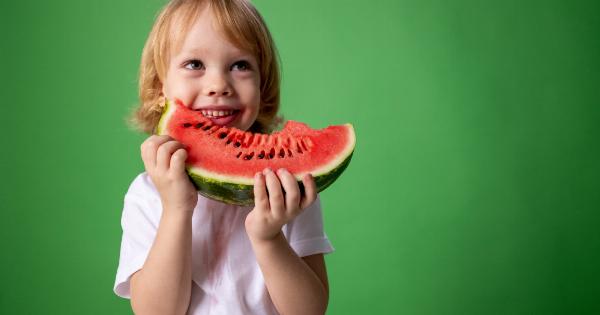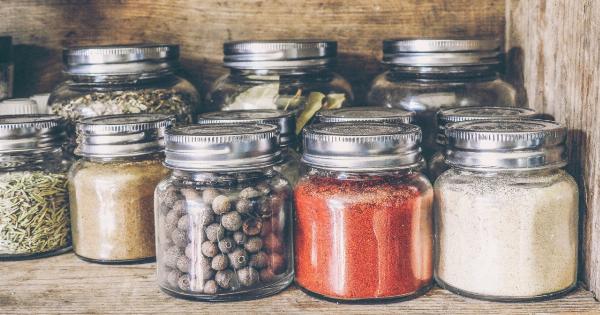Veganism has been gaining popularity in recent years, with more and more individuals choosing to adopt a plant-based lifestyle. One common concern for vegans is ensuring they obtain enough protein in their diet.
While many assume that animal products are the only viable sources of protein, herbal protein sources offer a promising new frontier for vegans. In this article, we will explore various herbal protein sources that can fulfill the protein requirements of vegans.
Soy Protein
Soy protein stands out as a reliable and complete protein source for vegans. It contains all nine essential amino acids that the human body needs, making it a great substitute for animal-based proteins.
Moreover, soybeans are versatile and can be consumed in various forms, including tofu, tempeh, soy milk, and edamame.
Quinoa
Quinoa, commonly referred to as a pseudo-grain, is packed with essential amino acids. It is one of the few plant-based protein sources that contain all nine essential amino acids.
Additionally, quinoa is high in fiber and rich in minerals such as magnesium and iron, making it a nutritious option for vegans.
Hemp Seeds
Hemp seeds have gained popularity as a superfood due to their rich protein content. They contain all essential amino acids and are also rich in omega-3 fatty acids.
Hemp seeds are easily incorporated into one’s diet by sprinkling them over salads, adding them to smoothies, or using hemp protein powder in various recipes.
Chia Seeds
Chia seeds may be tiny, but they pack an impressive punch when it comes to protein content. These seeds are also an excellent source of fiber, omega-3 fatty acids, and antioxidants.
They can be added to puddings, overnight oats, or even used as an egg substitute in baking recipes.
Lentils
Lentils are a versatile legume that provides a significant amount of plant-based protein. They are also rich in dietary fiber, iron, and B vitamins.
Lentils can be incorporated into soups, stews, salads, or even used as a meat substitute in dishes like lentil burgers or meatless meatballs.
Peas
Peas are often underrated as a protein source, but they are incredibly nutrient-dense. They are a rich source of protein, fiber, vitamins, and minerals.
Peas can be enjoyed in various forms, including fresh peas, pea protein powder, or as a base for plant-based protein drinks.
Chickpeas
Chickpeas, also known as garbanzo beans, are not only packed with protein but also offer a significant amount of dietary fiber. They can be used in a variety of dishes, including hummus, curries, salads, and stews.
Additionally, chickpea flour can be used as a versatile gluten-free alternative in baking.
Nuts and Nut Butters
Nuts, such as almonds, cashews, and walnuts, are excellent sources of protein, healthy fats, and antioxidants. They can be consumed raw, roasted, or even turned into various nut butters.
Nut butters, like almond or peanut butter, provide a quick and convenient protein boost.
Spirulina
Spirulina is a blue-green algae that is not only rich in protein but also loaded with vitamins, minerals, and antioxidants. It is often available in powdered form, making it easy to incorporate into smoothies, salads, or mixed into dips and dressings.
Seitan
Seitan, also known as wheat meat or wheat gluten, is a high-protein meat substitute made from gluten. It is a popular choice in vegan cooking because of its meat-like texture and taste.
Seitan can be used in stir-fries, sandwiches, or even grilled as a main course.
Conclusion
As veganism continues to rise in popularity, it is essential to explore new and innovative ways to meet the protein needs of individuals following a plant-based diet.
Herbal protein sources offer a promising solution, providing a wide range of options such as soy protein, quinoa, hemp seeds, chia seeds, lentils, peas, chickpeas, nuts, spirulina, and seitan. By incorporating these sources into their diet, vegans can obtain all the essential amino acids necessary for optimal health.






























